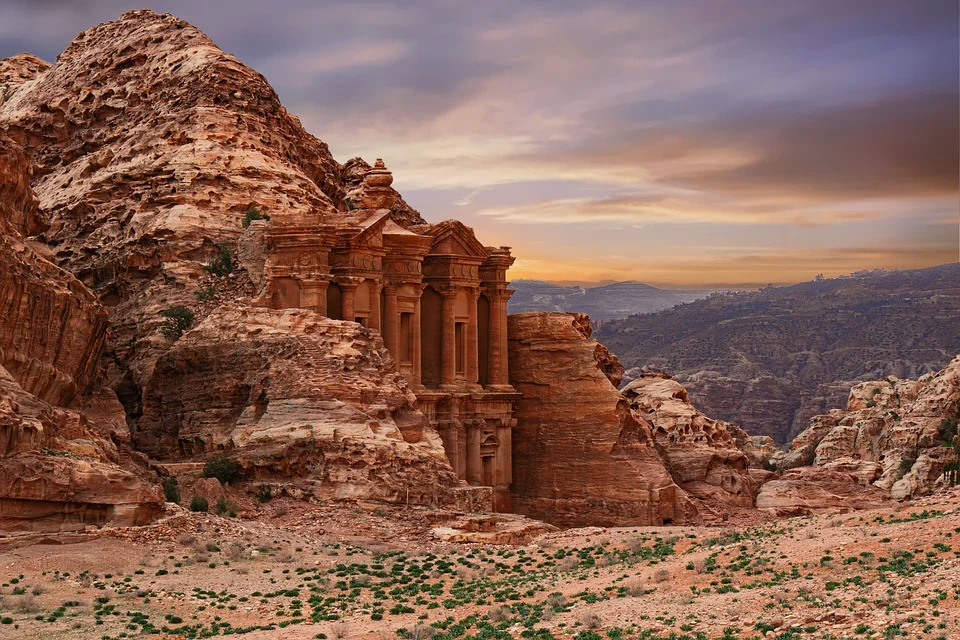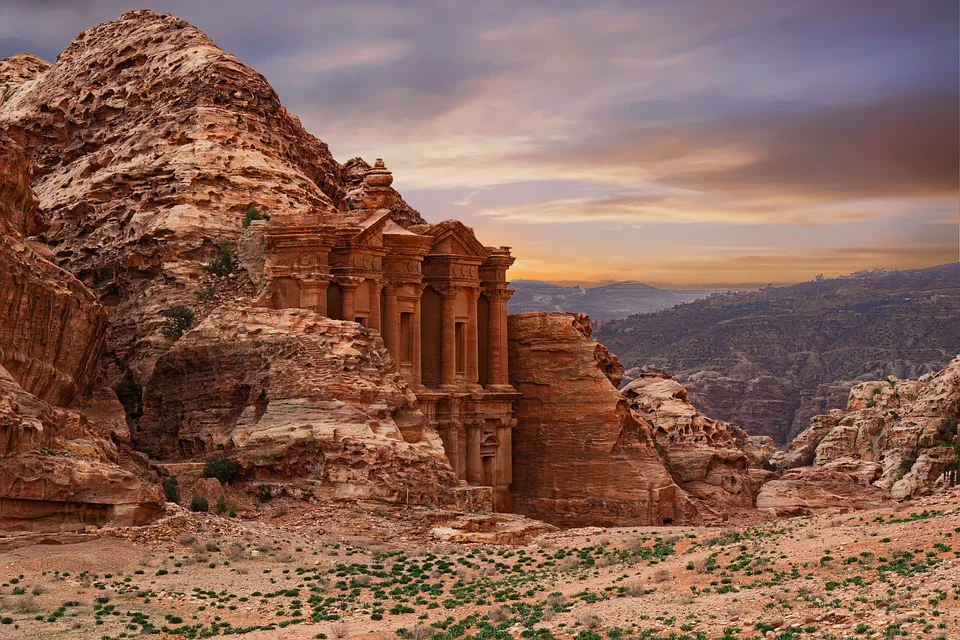Ancient History: A Historical Overview
Ancient History is the collective aggregate of human history and past events from early writing and storytelling to post-classical era and beyond. The term can be used both to describe the historical period or the discipline itself. Ancient History is also known as history of Ancient Civilizations, as it covers a wide spectrum from ancient Greece and Rome, to early Islamic civilizations and medieval Europe. This field is a very complex one, with its own challenges and achievements. What is certain is that this field has created several milestones in the development of our knowledge about the past.
Ancient History is a study of pre-historical events which shed light on the development of the civilizations of the Ancient World. These civilizations are categorized as pre- Classical (4000 B.C – Early Typolithic) to post-classical (10th century A.D.). The classical period covers the ancient world up to the fall of the Western Roman Empire. Post-classical refers to any period after the decline of the Roman Empire. This article provides an introduction to Ancient History.
Ancient History can be divided into three main periods. The first is Pre- Spartan. These were the ancient Greek civilizations who are grouped together along the border of the Mediterranean. The most developed was the Roman Empire which covered most of western Europe. Ancient Greece was separated into two different parts – the Aegean islands and the mainland area.
The second period is the Ancient Roman Period. It lasted for over three centuries until the fall of the Roman Empire. The most significant event in this time was the eclipse of the classical model of evolution by the pre-classical historians. This marked the abandonment of the Greek evolutionary model by the classical writers and historians.
The third and last period is Ancient China. It is a rather recent phenomenon but it has affected the thinking of modern historians. Early nineteenth century Chinese historians revived the idea of antiquity as a cultural and intellectual movement and they romanticized the antiquity of China. They believed that Classic China lived during the golden age of Ancient Greece. They emphasized the role of local government in the development of ancient history and they looked to China as the prototype for a classical society.
In the end, the Ancient History of Europe can be seen as a continuation of the Ancient History of the Asia, the Middle East and Ancient China. However, the basic difference between ancient history in Europe and ancient history in other areas is the influence of different philosophies on the development of Western civilization. Philosophy has had the great contribution in making European civilization what it is today. Some philosophers whose works have had major influence on European civilization are thinkers like Aristotle, Seneca, Lucretius, Senritis, Ptolemy, Aurelius, Augustine, Thomas Aquinas and much more.


